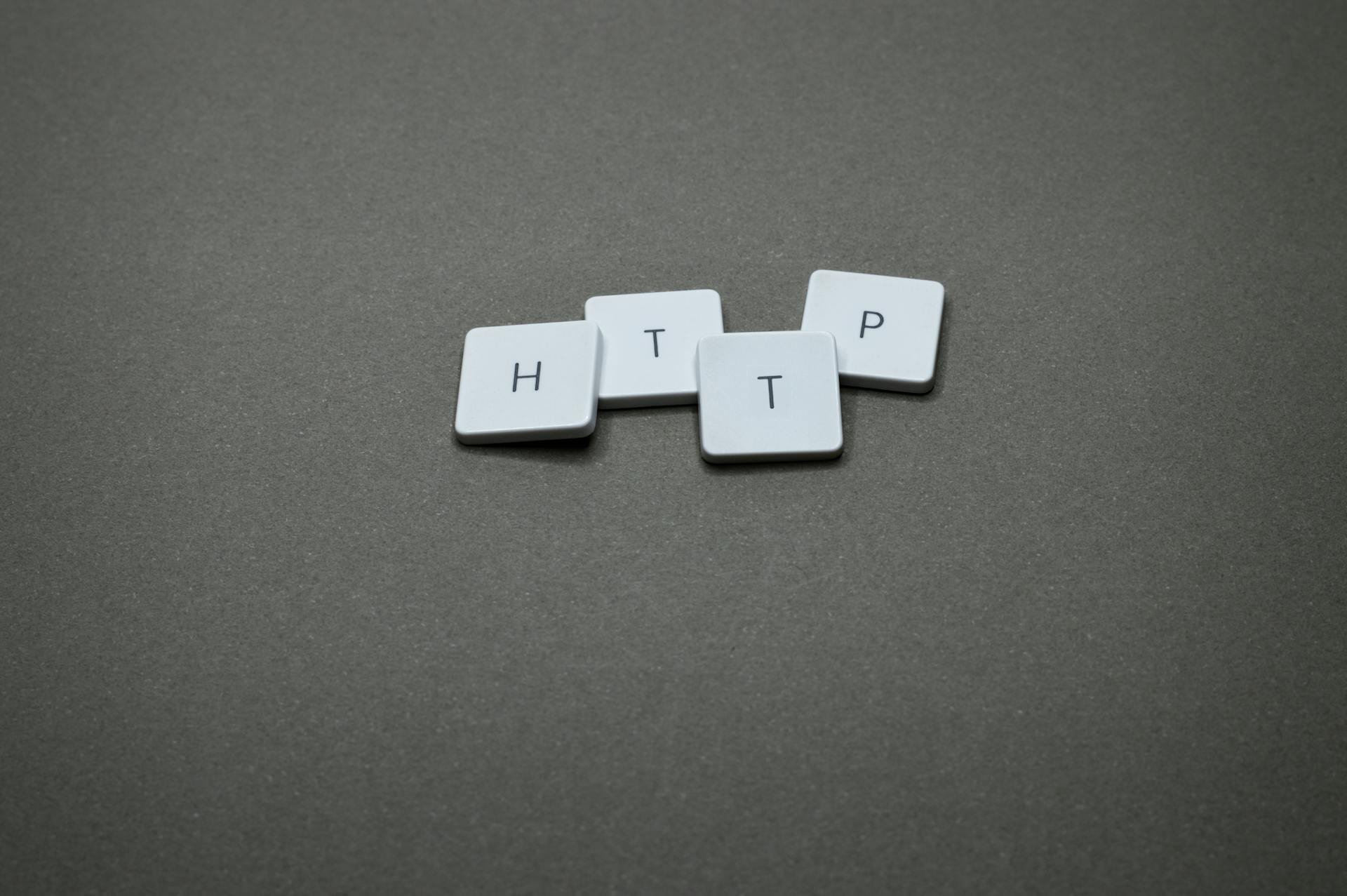Proxies have become increasingly important these days because dynamics continuously change in today’s online world. are authorized tools that carry out certain actions on your behalf when you are using the internet. Consider them as a barrier between you and the internet because they prevent anyone from outside the network from accessing your sensitive information and data. Proxies, such as an HTTP proxy, play an important role in every field and business.
When you use the internet directly, you can easily have your important data stolen by cybersecurity threat actors. This is where proxies come in very handy. They act as intermediary and exchange data with websites on your behalf, making sure that all your important data remains protected.
Besides increasing online privacy, proxies also improve security and optimize connectivity. Although there are numerous proxies that serve various purposes, the HTTP proxy stands out due to its user-friendliness and extensive advantages. In this article, we will explore what an HTTP proxy is, how it operates, its main benefits, and how it compares to other tools, including HTTP Proxy vs VPNs.
What is an HTTP Proxy?
So, what exactly is HTTP and how does an HTTP proxy work? A standard exchange over HTTP consists of a client device issuing a request to a server, which subsequently replies with a response message. HTTP proxy servers can significantly improve bandwidth efficiency through effective caching capabilities.
Heavy content such as images, videos, and audio can be loaded once for subsequent requests, thereby conserving data usage. This results in quicker connections, all thanks to the functionality of HTTP proxies. If you plan to set up an HTTP proxy on your iPhone, be sure to consult this guide on how to properly configure your iPhone proxy settings.
How HTTP Proxies Work
An HTTP proxy serves as a filter between an internet user and the web. When you submit a request via your HTTP proxy, the website you are attempting to reach can obtain all the details regarding your IP address, but a proxy protects your sensitive data. This is the fundamental operation model for any proxy service. Depending on its origin, it can be classified as either a datacenter proxy or a residential proxy. What’s crucial is that using an HTTP proxy provides additional advantages linked to this specific protocol. The HTTP proxy protocol plays a significant role in determining how effectively the proxy functions.
To start, you can conserve a substantial amount of bandwidth because of the traffic compression that occurs. The system will utilize caching for files and web pages, resulting in fewer advertisements reaching your browser. This is particularly beneficial when you need to extract data from resource-intensive sites such as news aggregators in response to your queries.
Another significant advantage is the capability to set up your HTTP proxy server for use by multiple users. For business networks, this means you can enhance security by integrating an HTTP proxy with your corporate web server to prevent the storage of unauthorized materials.
Moreover, an HTTP proxy server can be configured to monitor the source of the traffic. This feature can significantly reduce the influx of potentially harmful content entering your network and acts as an effective defense against buffer overflow hacking attempts.
Key Benefits of HTTP Proxies
There are a number of different HTTP proxy server advantages, such as content filtering, privacy, faster connection, and security. Some of the most important benefits of using an HTTP proxy are discussed below:
Security and Privacy
An HTTP proxy for security primarily serves the purpose of concealing your actual IP address to guarantee your privacy. With high-quality private (dedicated or elite) HTTP proxies, this becomes one of the most sought-after advantages these proxies provide. Regarding security, HTTP proxies can be configured to identify irregularities in the traffic, allowing them to filter out and block suspicious packets. This feature is effective in preventing potential breaches from external sources.

Content Management
Corporate users can set up HTTP proxies to filter out or limit specific content from entering their network. This can be achieved by designating certain domains, file names, or types that can be recognized in the URL.
Customized Browser Headers
To bypass the built-in anti-bot systems on various websites, you can configure the HTTP proxy to create request headers that will be accepted by a specific site without triggering any alarms.
Greater Connection Speed
HTTP proxy servers can significantly boost the efficiency of your bandwidth utilization through rapid caching capabilities. Heavy content such as images, videos, and audio can be loaded once for subsequent requests, thus conserving traffic. This results in quicker connections, all thanks to the HTTP proxy’s application.
Common Use Cases for HTTP Proxies
There are a number of different use cases of HTTP proxies. Here’s a brief overview!
- Personal Browsing: Individuals use HTTP proxies to maintain privacy, bypass restrictions, and enjoy faster browsing experiences.
- Corporate Networks: Businesses deploy HTTP proxies to monitor employee internet use, filter content, and secure internal networks.
- Web Scraping: HTTP proxies are often employed for automated data collection from websites while avoiding detection or IP bans.
- Ad Verification: Marketers use HTTP proxies to check how advertisements appear in different geographic regions or under various conditions.
- Educational Institutions: Schools utilize HTTP proxies to manage bandwidth, restrict inappropriate content, and provide a secure browsing environment for students.

HTTP Proxy vs. HTTPS Proxy
There are a number of different factors that distinguish an HTTP proxy from an HTTPS proxy. Let’s discuss them one by one!
Speed
- HTTP proxies typically offer faster performance since they do not encrypt your data. They can manage network traffic quickly, providing satisfactory loading speeds for tasks like web browsing or streaming.
- Whereas, HTTPS proxies encrypt your data, which may cause a slight decrease in the TCP connection speed. The processes of encryption and decryption can influence loading times, but for most users, the difference is unnoticeable.
Security
- Security protocol is another major difference between the two proxies. When it comes to HTTP, it does not establish a safe link, because of this the user data continuously faces a number of different security risks, including hacker attacks.
- In contrast, HTTPS proxies deliver a protective layer through SSL encryption. This secure connection ensures that your data remains encrypted, greatly reducing the likelihood of malicious actions or data breaches by unauthorized individuals.
Anonymity
- When you use an HTTP proxy, you can keep your actual IP address hidden. However, HTTP proxy doesn’t encrypt your data. This allows your internet service provider to check your online activities.
- HTTPS proxies provide a greater level of anonymity by not only hiding your IP address but also encrypting your data. This complicates the ability of anyone who wants to track your online activities or intercept your information.
How to Set Up an HTTP Proxy on Windows
Setting up an HTTP proxy depends on where you want to use it. The following process shows how to set up an HTTP proxy on a Windows computer:

Click on the Start button, then navigate to Settings > Network & Internet > Proxy.
In the Manual proxy setup section, enable the option for Use a proxy server.
Proceed with the following steps:
- In the Address and Port fields, input the name or IP address of the proxy server along with the port number (if desired) in their respective spaces.
- If you prefer not to utilize the proxy server for specific websites, add the ending of those website addresses to the exception list (for instance, *.contoso.com).
- For multiple sites, enter each website address, separating them with a semicolon (for example *.contoso.com; *.adatum.com). The * enables any website addresses that conclude with the listed address to bypass the proxy server.
- Don’t use the proxy server for local (intranet) addresses.
- Do make sure you check this box unless your organization mandates the use of the proxy server for intranet addresses.
After you are done, click the Save button.
Limitations of HTTP Proxies
While HTTP proxies come with a number of different benefits, there are some downsides too, which are discussed below:
- Lack of Encryption: Unlike HTTPS proxies or VPNs, HTTP proxies do not encrypt data, which means anyone can monitor your online activities while your request is being forwarded.
- Detectability: Websites can often detect and block HTTP proxies, especially public ones. This can limit their effectiveness for bypassing restrictions.
- Shared Usage: Free or shared HTTP proxies may lead to slower speeds or IP bans due to misuse by other users.
Conclusion
HTTP proxies are a crucial tool in order to improve online privacy, manage traffic, and optimize connectivity. They are particularly useful when it comes to basic browsing, content filtering, and caching.
By understanding the strengths and limitations of HTTP proxies, you can decide whether to use an HTTP proxy or go with HTTPS or VPN. Nonetheless, HTTP proxies remain a valuable resource for secure and efficient internet access.



